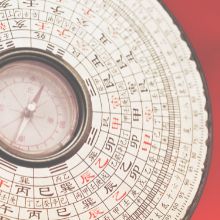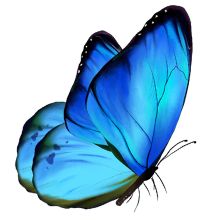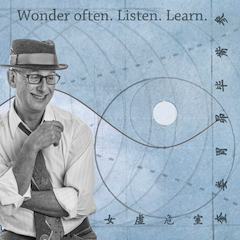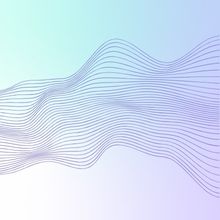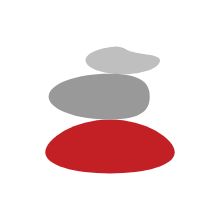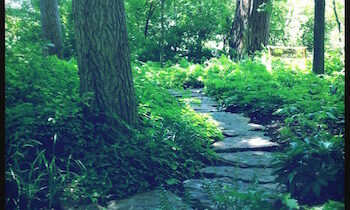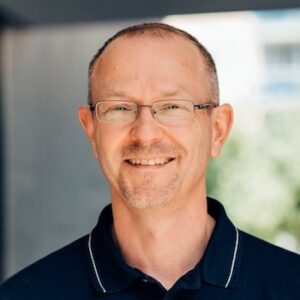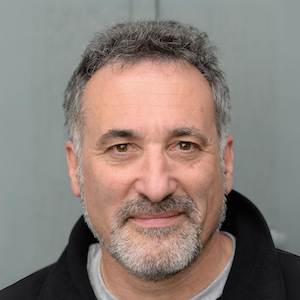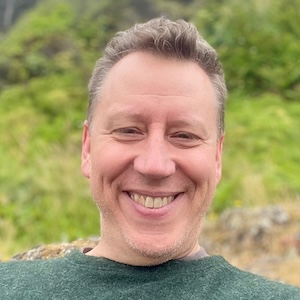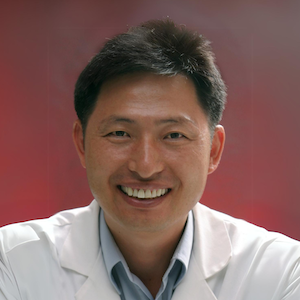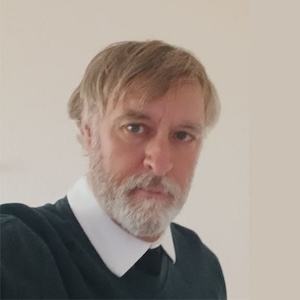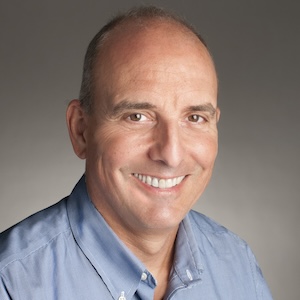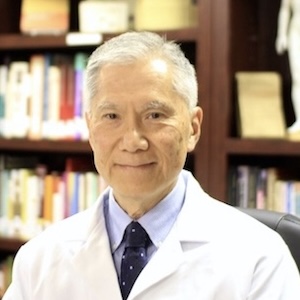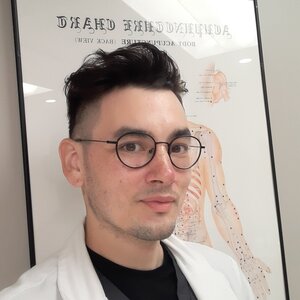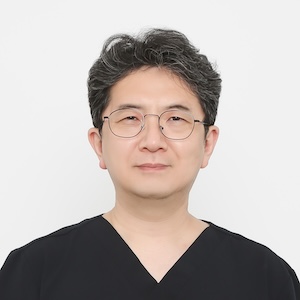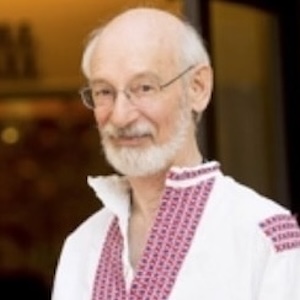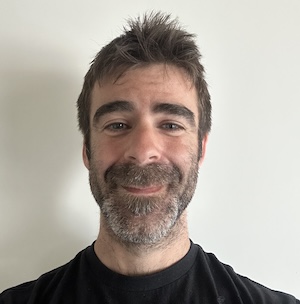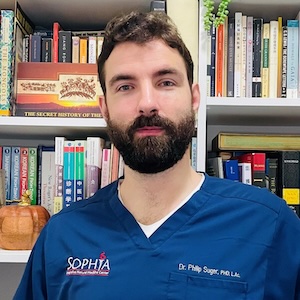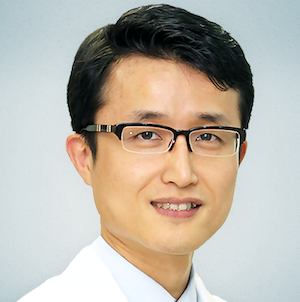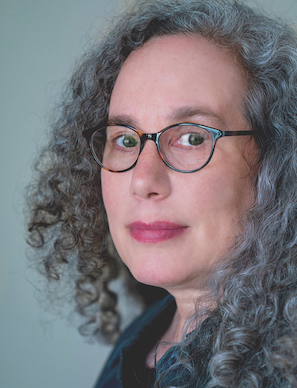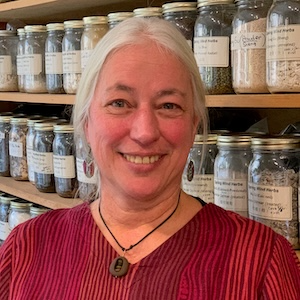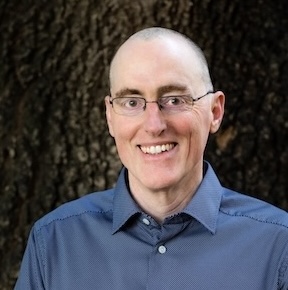Cultivation
274 Panel on Wei Qi, Ann Cecil-Sterman, Laurie Ayres & Zhongxian Wu
I recently got to thinking about Wei qi, especially as we are moving into the dark of the year in the northern hemisphere, and I realized that I hear discussions about wei qi, and how we should attend to it, or nourish it. Often enough, perhaps too often, we equate wei qi with the immune system. And think about strength, rather than balance. What’s more, the commonly used formulas that are famous for ‘stabilizing or strengthening the exterior” are frequently prescribed without any kind of actual differential diagnosis. Concerns about effectiveness and maybe even safety naturally arise.
271 Cycles, Nodes and the Spaces in the Seasons • Sheri Lee
Life is built on rhythms, the natural world is constantly in a state of transformation. A cyclical flow of growth and decline—manifested in the turning of the seasons, waxing and waning of the moon, and the oscillation of day and night. The intertwined correspondences to the universal tidal flows are the warp and weft upon which our lives, our health, and our medicine is woven. This knowledge is preserved in the Chinese Lunisolar calendar.
In this conversation with Sheri Lee, we explore the seasonal cycles of qi according to the Chinese Calendar and how to align ourselves with the changing tides and flow of time. We discuss the seasonal markers to keep an eye on, the earth phases, the 24 nodes, and the Japanese concept of doyo. In addition to aligning ourselves with the seasons, we talk about aligning ourselves to what our patients are showing up with.
270 Authentic Movement and the Wisdom of the Body • Margot Rossi
Movement is part of how our body communicates with itself and senses itself in the outside world. Proper and ease filled movement, be it with our emotions, the circulation of our blood, the way our joints through their range movement, and how we can move and be in the relationships, work and interaction with the 10000 things. All of this is tied in with our well-being and capacity to thrive.
In this conversation with Margot Rossi we explore the terrain of movement and sensing and how this fundamental capacity is the foundation of our life, and gives us the ability to live the seasons of our lives.
Five Years of Qiological, Thoughts, Observations and Appreciation • Michael Max
Starting today, the podcast is again freely available to all and will carry sponsorship advertising in each episode.
I’ve got more details about the changes to the podcast in this short solo show that commemorates five years of Qiological, along with some thoughts on medicine, practice and this new Gutenberg Press we call podcasting.
267 Language and Language-less Practices of Touch and Healing • Nick Pole
When I think about connecting with others, two of the most powerful ways are with non-verbal touch, and the other with the use of attentive language. It would not be a stretch to suggest that this is the yin and yang connection. One that engages the body and the other the mind. But, of course, as you already know, you can’t touch one part of a person without connecting to all of them. Should you care to take that journey.
In this last conversation of our series on Bodywork in East Asian medicine we talk with Nick Pole who brings both the honed senstivies of a Shiatsu practitioner, and the skilled verbal invitations that are so emblematic of Clean Language.
266 Following the Flow, Ortho-Bionomy® and Art of Non-Judgement • Karen Elisa
We speak of landscapes, flows, seasons and cycles. And yet often enough, our treatments are geared to interfere with what we find. We look to ‘re-channel’ the flow. To drain away that which we deem obstructive. To bust up qi, especially if we find the Liver to be involved. From an outsider’s perspective, we seem to have a bad attitude towards the Liver.
In this conversation with Karen Elisa we investigate what it means to attend and follow. Do we listen to what our patient needs, or our own ideas of what they should have? In short, do we trust our patient’s body and being, or not?
264 Field Dynamics and Touch • Beth Hazzard
Like quantum physics, our medicine is built on a sense of connection and potential. It inhabits the reality of a unified field where the boundaries of mind and matter, time and space, rest and motion, or sickness and health blur. Humans are part of a universal continuum, a microcosmic reflection of the macrocosm.
In this conversation with Beth Hazzard, we explore sensing and perception in the clinic through the lens of Quantum Shiatsu, which blends physicality, field dynamics and mindset.
263 Moving Into Ease, Yin Sotai and the Gentle Journey • Bob Quinn
Hands may not be represented in the Ancient Chinese symbol for listen 聽, ting. But as practitioners of East Asian medicine, we need to understand the importance of listening with our hands, of tapping into the power of intentional touch, and contacting our patients with awareness. Listening with the hands is the foundation of Sotai, Tuina, Shiatsu, and other bodywork modalities.
In this conversation with Bob Quinn, we touch on the use of Yin Sotai as a gentle method of bodywork, including its foundational principles and the implementation of the treatment in the clinic.
261 Taste of Taiwan, An Afternoon in a Tea Shop • Pia Giammasi
Today’s episode is a bit of a soundscape as we spend a portion of the afternoon drinking and discussing tea. Unlike your Western coffeeshop where you pop in for a beverage to go, or you grab a drink and sit with a couple of friends or work on your computer, a Taiwanese teashop has time unfolding at a completely different pace. And it is about dipping not only into something delicious in a cup, it’s about connecting with your community and making new friends.
259 Difference Between Presence and Control • Stuart Kutchins
Qiological is on vacation for the month of July, this discussion is one of a series of ‘summer re-runs’ of some of our favorite conversations from Everyday Acupuncture Podcast, which was the forerunner of Qiological.
Many of us fire up a meditation practice only to find ourselves sitting in an overwhelming riot of thought and agitation. Isn’t this practice supposed to calm us down, lower blood pressure, ease the migraines, and maybe give our recurring assortment of anxieties, troubles and tribulations a nudge to the curb? Maybe… but maybe not. Listen in!

